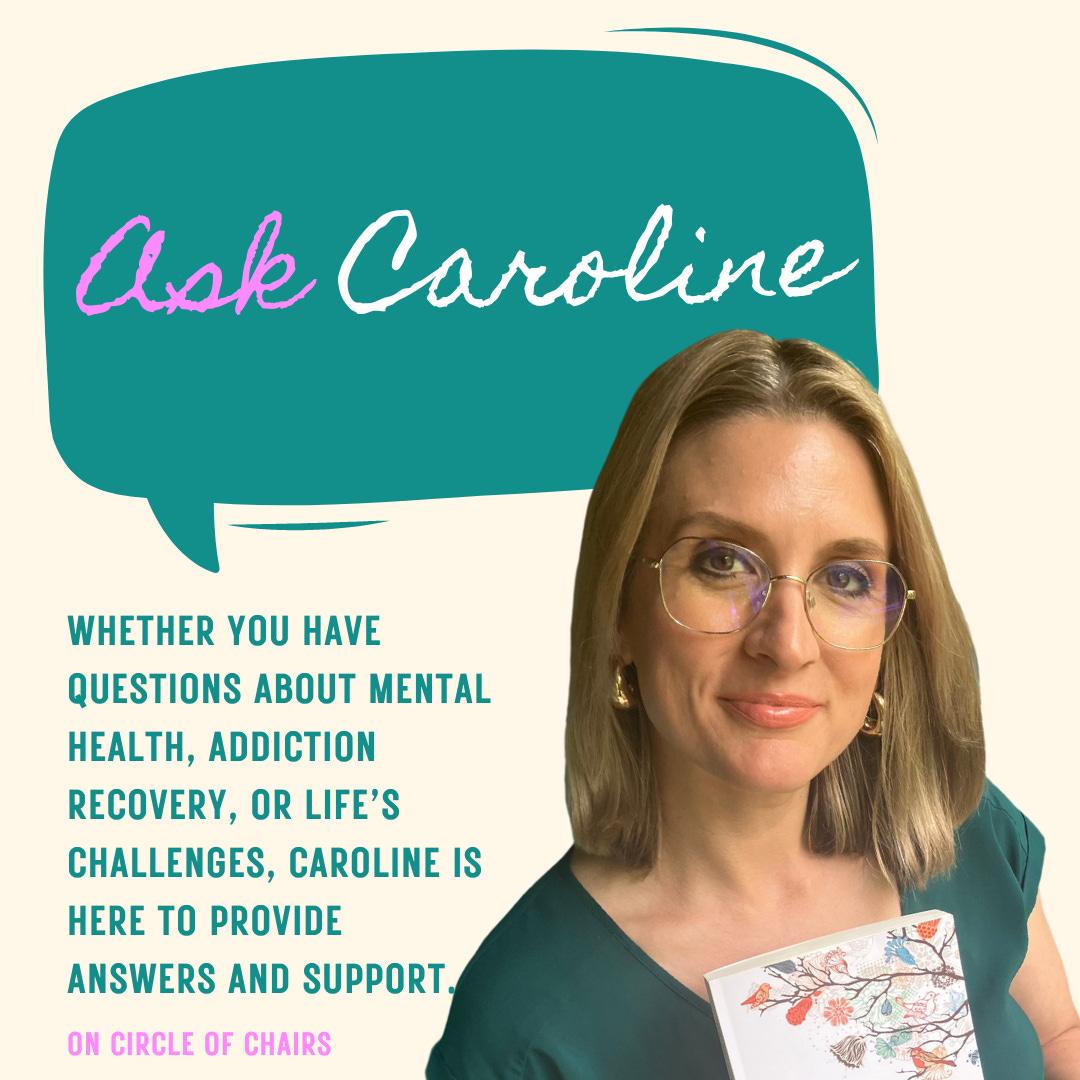Maybe you gave #soberoctober a try and feel like you failed…again.
Or, you aren’t sure if you have a problem with substance use, but you are almost 100% certain your friend or child does.
Even if it’s a loved one who is struggling, this list can be shared and will help to provide information on what NOT to do when it comes to dealing with substance use, misuse, addiction, or anywhere in between.
Photo by Sarah Kilian on Unsplash
Here are your 5 Don’ts:
1. Don't Deny You’ve Got an Issue
Maybe you aren’t ready to say you’ve got a problem with alcohol or other drugs, but you may admit there is something going on that’s not quite right. Maybe you intend to not drink or use after work, but find yourself at the liquor store on the way home. Again. Or maybe your intention of just one or two turns into closing the place down. Again. Denial can be a huge barrier. When we can get honest, we can disrupt the cycle of unhealthy patterns we may be ready to stop.
2. Don’t Isolate Yourself
Have you heard the saying: “the opposite of addiction is connection?”
When we are cut off from the support of family and friends, our substance use can quickly get out of control. I remember my days in active addiction when using in isolation only fueled my feelings of loneliness and depression. Connection can be a crucial part of addressing substance use. When we are in close contact with a support system, we can be more likely to seek or maintain recovery.
Don’t know where to turn for help? Send me a private message. I’d love to connect you with support in your local community.
3. Don't Rely Solely on Willpower
When I was in active substance use and heavy misuse, I remember feeling alone in my struggles. At the time, I thought that no one could help me. I HAD to do it alone. Today, I know that this isn’t true. It’s a lie. Recovery can flourish in connection with others, and there are innumerable people that I can trust to be there for me and support me. A “pick yourself up by your bootstraps” approach, in my opinion, is a harmful one, though I recognize it can take time to trust that we can come to rely on someone outside of ourselves for support. I talk about my own experiences with the recovery community in my first book, Downstairs Church: Finding Hope in the Grit of Addiction and Trauma Recovery.
4. Don’t Forget about the Underlying Issues
Many of us have come to understand that our substance use was a symptom of something greater going on. I could have come to this understanding much sooner (and it's partially why I’m so passionate about speaking and writing about these issues). When we work to address our underlying issues, whether that is growing up in a dysfunctional home, abuse, neglect, other types of trauma, and more, we can start to get at the root causes. When we heal the roots (or sometimes pull them out), we can begin to heal.
5. Don't Be Afraid to Set a Goal
I love the saying that “recovery is a marathon, not a sprint.” How true this is. Yet, I think sometimes because a life in long-term sobriety feels daunting, we are hesitant to set those long-term goals. “Just for today” and “One day at a time” works to stay focused in the present, not future-trip, and reduce the overwhelm, especially as it relates to early recovery. But, setting long-term goals can be the motivators, drivers of change, and hope signals that we need to keep going.
What do you want your life to look like in 5 years? Do you want to keep repeating the same things over and over? If you are ready for something new, maybe a great place to start is to set a goal.
[one of my fave books on the topic is All it Takes is a Goal by Jon Acuff]
Reflection Time
What are some of the things that you’ve learned are helpful for addressing substance misuse or addiction?
Comment below to help support other members of the Circle of Chairs community.
Ask Caroline Q and A
I’d love to answer your questions about mental health, addiction recovery, trauma recovery, and everything in between. Click here to learn more. Your question may be featured in an upcoming letter or live Q&A [like this letter where I answer a mother with an incredibly tough question], and you can also share your thoughts, expertise, and insights to support the Circle of Chairs community.
Would you like full access to the upcoming Mental Health and Recovery Series coming in November? Get 50% off a paid subscription to Circle of Chairs now to get all the perks of paid membership, including audio articles, live Q and As, and more. Offer ends Nov 1st!
Recommended Resources
Did you know that I wear many hats and also work for a consulting group that supports federal agencies like SAMHSA and creates recovery-related content and resources?
SAMHSA has excellent resources for individuals looking for services. Check out their treatment locator here.
My friends at Recovery.com can also help connect you or your loved one directly with services that match your location, insurance, need, and more. Click here to learn more about their mission and to get help.
A couple of my favorite Substack writers who talk about family recovery are
and . Check them out!What resources have you found that support you or a loved one? Drop them in the comments below!





Thank you for the shout out Caroline! I appreciate your work and writing too!